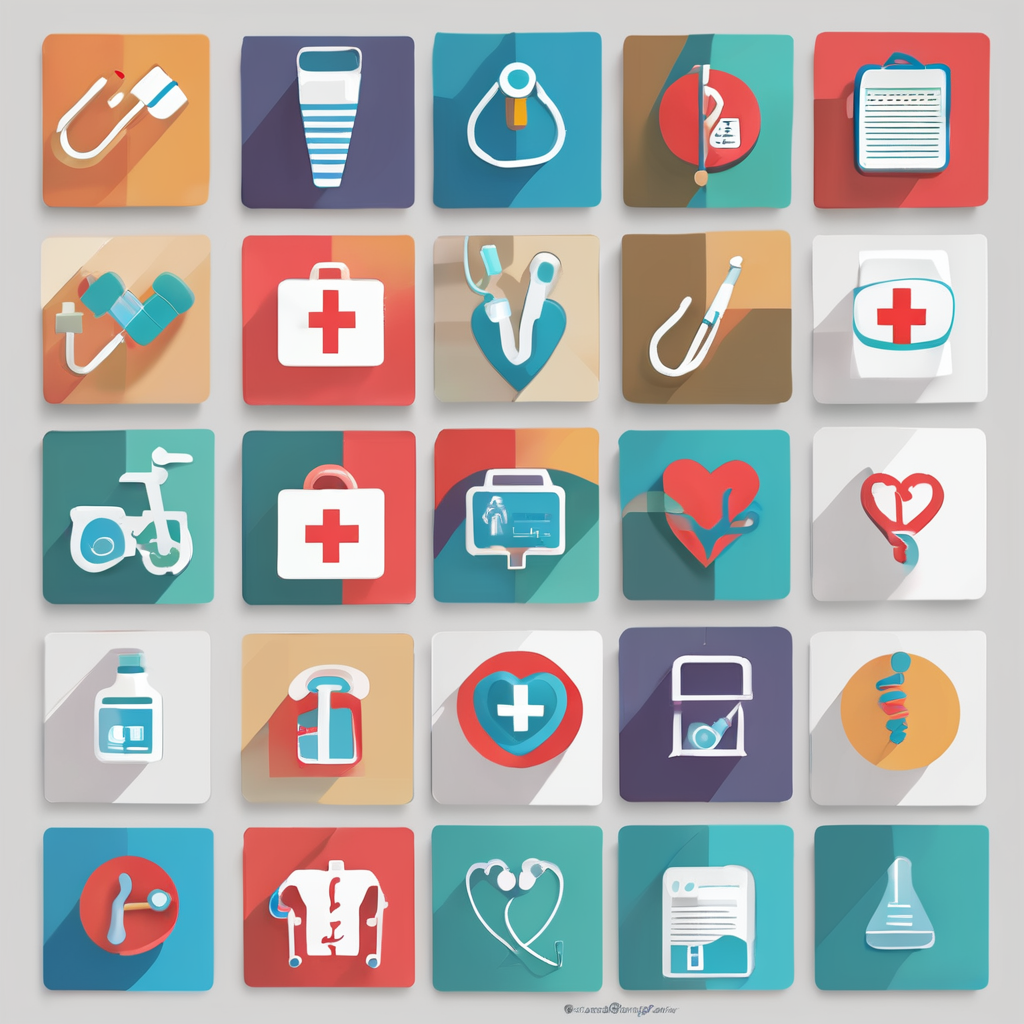Meeting the Demand for Digital Transformation in UK Healthcare
Digital transformation NHS initiatives have rapidly reshaped UK healthcare technology, driving substantial healthcare innovation. Key advancements include the integration of electronic health records, AI-powered diagnostics, and remote patient monitoring systems. These technologies streamline workflows and enhance data accuracy, allowing healthcare professionals to deliver more personalized care.
The NHS adopts technology swiftly due to increasing patient expectations for efficient services and government mandates to modernize care delivery. This urgency places innovation at the heart of improving patient outcomes by enabling early diagnosis, reducing hospital stays, and facilitating better chronic disease management.
In the same genre : How are UK health professionals managing patient data privacy?
Innovation in UK healthcare technology supports vital improvements like predictive analytics, which identify health risks before they escalate. By embracing digital transformation NHS projects, healthcare providers can harness such tools, ultimately improving treatment effectiveness and operational efficiency. These advances demonstrate not just technological progress but also a cultural shift prioritizing responsive, patient-centred care. The continued focus on healthcare innovation ensures that the NHS remains adaptive and equipped to meet evolving health challenges across the UK.
Overcoming Challenges Associated with New Technologies
Adopting new digital transformation NHS tools often presents challenges in healthtech adoption within UK healthcare technology. Health professionals face significant barriers to digital healthcare, such as concerns about data privacy and cybersecurity. Protecting sensitive patient information is crucial, and stringent measures must be in place to prevent breaches. This ensures trust and compliance with regulations.
Also read : What Innovative Wellness Practices Are Being Adopted by UK Health Professionals?
Another major obstacle is the impact of technology on clinical workflows. Implementing new systems can disrupt established routines, leading to resistance or inefficiency. Addressing this requires careful assessment and managing technological change through phased rollouts and staff involvement.
Training is essential to overcome these hurdles. By empowering users with tailored education, the NHS fosters smoother integration of innovations. Additionally, transparent communication helps reduce apprehension by clarifying benefits and addressing worries early.
In summary, overcoming challenges to digital transformation NHS initiatives hinges on proactive management of privacy concerns, workflow disruptions, and staff readiness. These elements are key drivers of successful healthcare innovation and the sustainable adoption of UK healthcare technology innovations.
Effective Strategies for Embracing Technological Change
Adapting to healthcare technology requires a structured approach to overcome barriers and ensure smooth integration within the NHS. A step-by-step process begins with assessing current digital skills for health professionals, identifying gaps, and tailoring training to meet specific needs. Continuous professional development plays a vital role, as it equips staff with up-to-date knowledge of emerging tools and best practices.
Change management in NHS environments is essential to address resistance and build confidence. Encouraging multidisciplinary collaboration fosters shared ownership of new systems, making transitions less disruptive. For instance, involving clinicians, IT specialists, and administrative staff in planning helps align expectations and resolve workflow issues early.
Digital transformation NHS projects benefit greatly from these strategies, enhancing user engagement and technology acceptance. Training should include practical sessions and real-world scenarios, which boost proficiency and reduce errors. When combined with ongoing support, this approach promotes sustainable adoption of healthcare innovation. By focusing on empowering professionals and managing change effectively, UK healthcare technology can fulfill its promise to advance patient care and operational efficiency.
Best Practices and Real-Life Examples in UK Healthcare
Successful healthtech best practices UK highlight the importance of thorough planning and user-centric design in NHS case studies. For example, implementing electronic prescribing tools has reduced medication errors by involving pharmacists and clinicians early on. Early adopters emphasize clear communication and phased rollouts as vital strategies to ease transitions without overwhelming staff.
Peer support plays a crucial role in digital health success stories. When frontline users share practical experiences, it fosters a culture of learning and adaptation, helping others overcome initial difficulties. This knowledge sharing boosts confidence and encourages broader acceptance of innovations across different NHS settings.
Key elements of these best practices include:
- Engaging multidisciplinary teams to align clinical and technical perspectives
- Conducting pilot tests to identify workflow impacts before full deployment
- Providing ongoing feedback channels to refine systems based on user input
By leveraging insights from real-life NHS case studies and promoting collaborative learning, healthcare innovation becomes more effective and sustainable. This approach not only enhances technology adoption but also strengthens trust among healthcare professionals adapting to new digital transformation NHS initiatives.
Navigating Regulations, Training, and Support Resources
Navigating UK healthcare regulations is essential for successful digital transformation NHS projects. Health professionals must comply with strict data protection laws, like GDPR, ensuring patient confidentiality throughout digital processes. These regulations set clear standards that healthcare providers must meet, fostering trust and safeguarding sensitive information.
To address the need for proficient use of new technologies, comprehensive NHS digital training programmes are vital. These offer tailored learning paths focusing on both technical skills and compliance requirements. Regular updates keep staff informed about evolving tools and legal obligations, reducing resistance caused by uncertainty.
Support systems for health professionals extend beyond formal training. Peer networks and institutional mentors provide continuous guidance, helping users troubleshoot and adapt to changes efficiently. For instance, buddy systems within NHS departments encourage knowledge exchange, building confidence and competence simultaneously.
In summary, combining strict adherence to UK healthcare regulations with accessible training and robust support structures is fundamental. This approach empowers healthcare workers to embrace innovation safely and efficiently, ensuring digital transformation NHS initiatives translate into enhanced patient care and operational success.


